Articles
Religious Freedom
Plus de 100 ONG et personnalités écrivent aux parlementaires au sujet de la lois sur les sectes
Religious Freedom
More than 100 NGOs and personalities write to French Parliamentarians about the law on cults
Religious Freedom
Forced Conversion in South Korea Should Be Put to an End: An Open Letter to President Moon Jae-in
Religious Freedom
NGOs write to international Govt leaders to alert on 45 reporters of Bitter Winter arrested in China
Religious Freedom
US State Dept places Russia on Special Watch List for severe violations of religious freedom
Events
St Petersburg Conference on Religious life of Russian regions and prevention of religious extremism - Speech by Marco Ventura
Religious Freedom
Stop the Persecution of Chinese Refugees of The Church of Almighty God in South Korea
News
FoRB Roundtable's online meeting with ODIHR on 11 December 12/08/2024 - EIFRF
Plus de 100 ONG et personnalités écrivent aux parlementaires au sujet de la lois sur les sectes 12/18/2023 - EIFRF
More than 100 NGOs and personalities write to French Parliamentarians about the law on cults 12/18/2023 - EIFRF
Lettre de Petar Gramatikov sur le projet de loi "dérives sectaires" en France 11/27/2023 - Rev. Petar Gramatikoff
FRANCE: BILL “TO REINFORCE THE FIGHT AGAINST CULTIC DEVIANCES” 11/27/2023 - Rev. Petar Gramatikoff
France : analyse du projet de loi visant à renforcer les dérives sectaires 11/27/2023 - Rev. Petar Gramatikoff
Newsletter subscription
News
FoRB Roundtable's online meeting with ODIHR on 11 December
12/08/2024
- EIFRF
Plus de 100 ONG et personnalités écrivent aux parlementaires au sujet de la lois sur les sectes
12/18/2023
- EIFRF
More than 100 NGOs and personalities write to French Parliamentarians about the law on cults
12/18/2023
- EIFRF
Lettre de Petar Gramatikov sur le projet de loi "dérives sectaires" en France
11/27/2023
- Rev. Petar Gramatikoff
FRANCE: BILL “TO REINFORCE THE FIGHT AGAINST CULTIC DEVIANCES”
11/27/2023
- Rev. Petar Gramatikoff
France : analyse du projet de loi visant à renforcer les dérives sectaires
11/27/2023
- Rev. Petar Gramatikoff
Share this EIFRF website
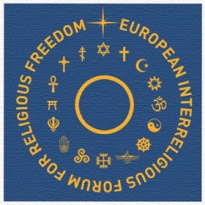





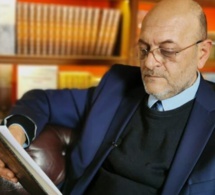
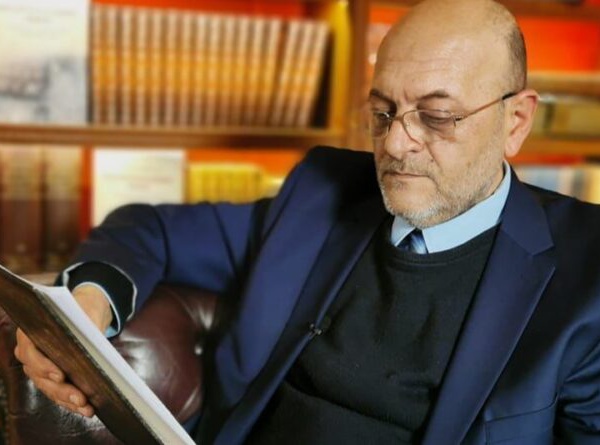


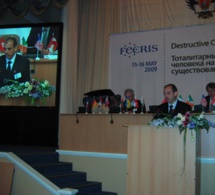



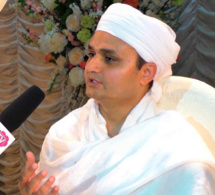
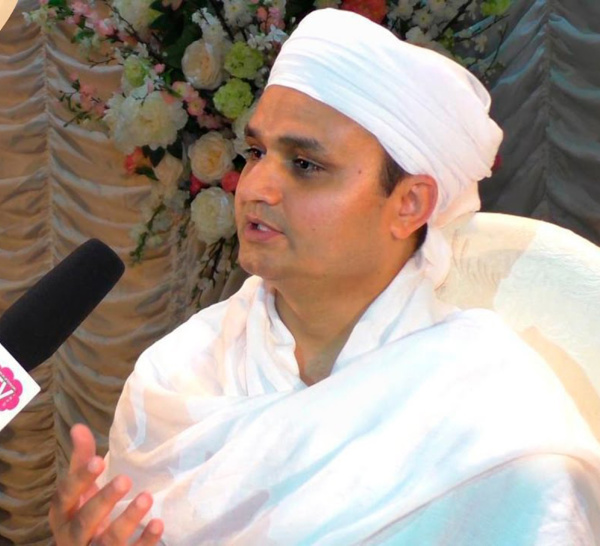
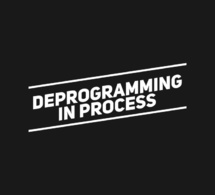
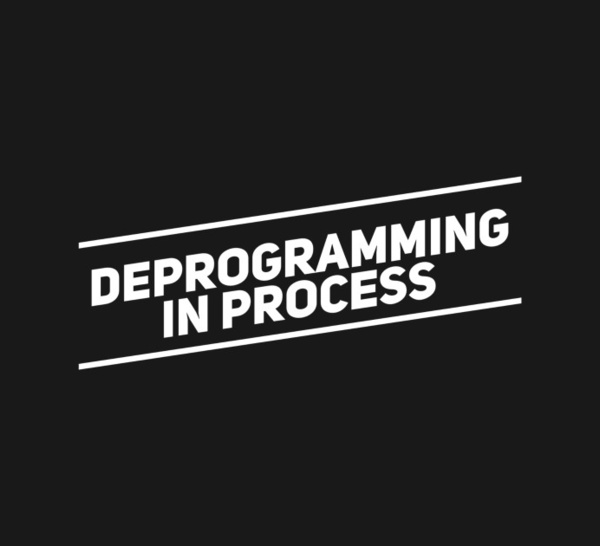
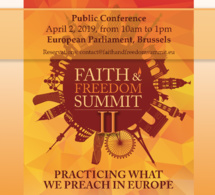
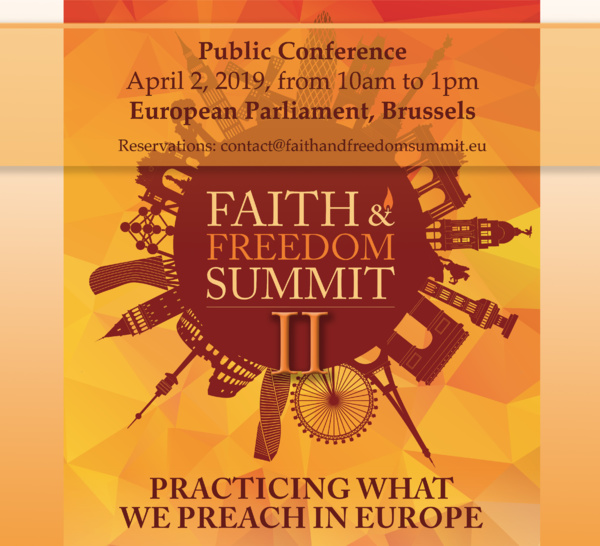

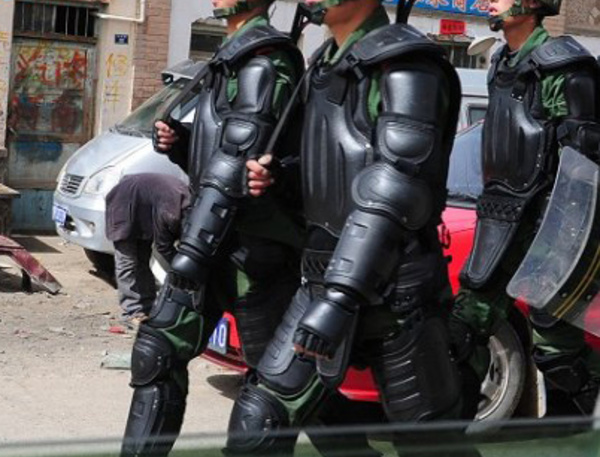




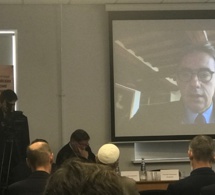
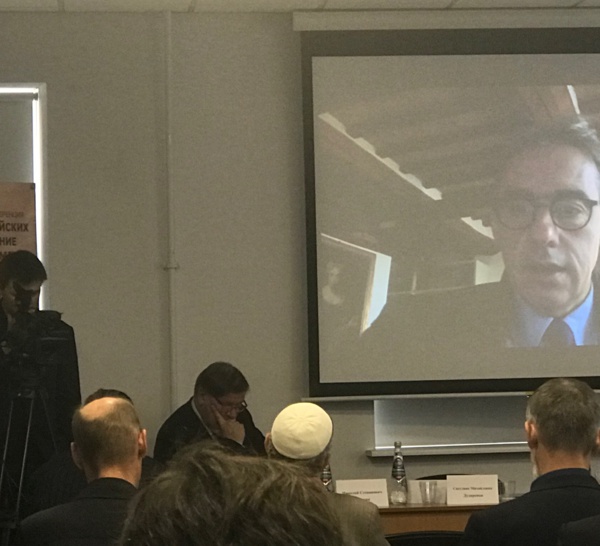


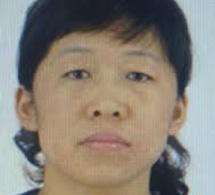


 Knowledge of religions
Knowledge of religions